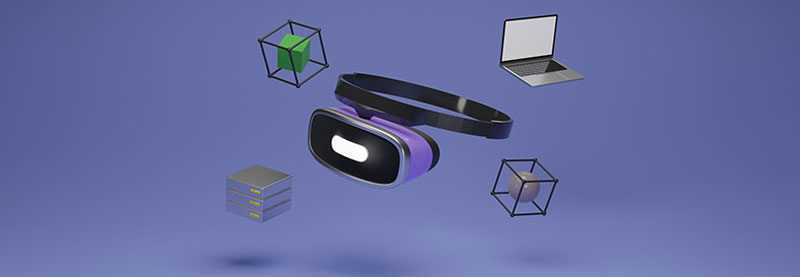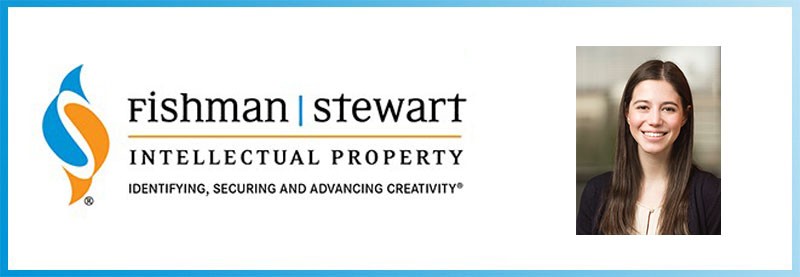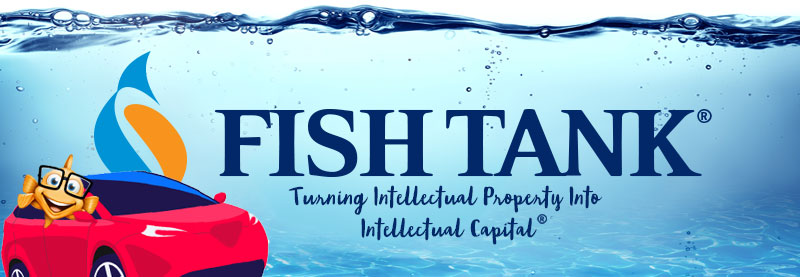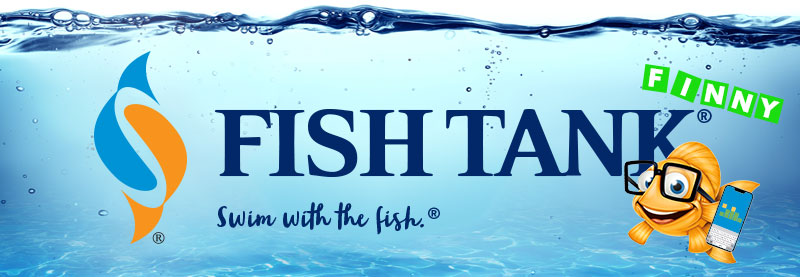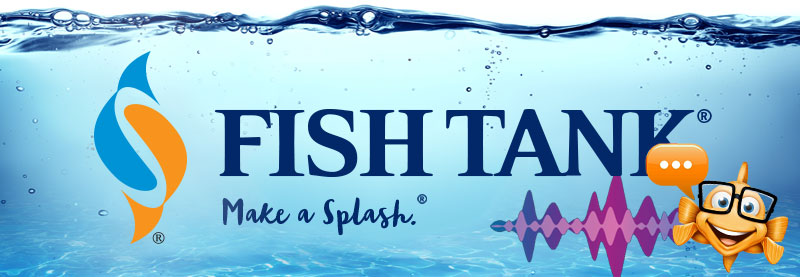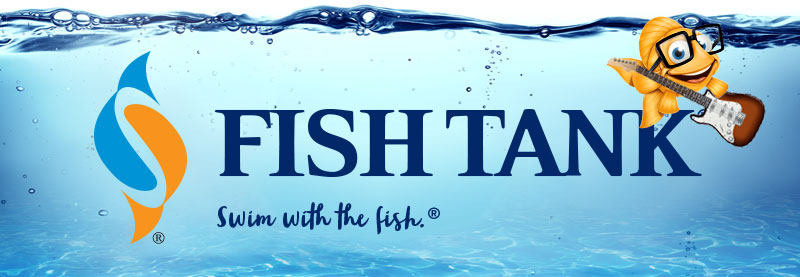Intellectual Property Insights from Fishman Stewart PLLC
Newsletter – Volume 23, Issue 15
Share on Social
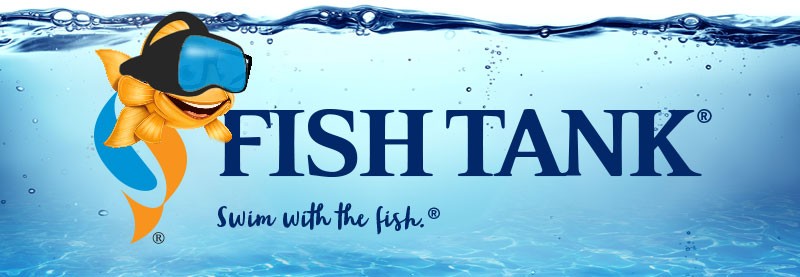
Ready Attorney One
I have a prediction: in the next year, expect a Netflix series lampooning Apple’s Vision Pro and ChatGPT-fumbling legal research together.
The announcement of Apple’s new spatial computing headset (available early 2024) and recent news of an attorney affidavit admitting reliance on a fake court case produced by ChatGPT (links above) together conjure a strange mix of reactions.
On the one hand, it feels like sci-fi coming to reality—Tony Stark and his spatial display computers combined with Stark’s generative AI assistant, F.R.I.D.A.Y.: Female Replacement Intelligent Digital Assistant Youth (successor to J.A.R.V.I.S.).
On the other hand, it evokes expectations of less elegant outcomes, a mixture of large language model overreliance and spatial computing gone awry. The kind of goofball future state Mel Brooks could spoof with an 80-minute film titled Ready Attorney One: Fake Cases, Real Games starring Rick Moranis as Phony Spark, Esquire, easily befuddled and overfond of his VR headset and AI-provided false knowledge as he blunders his way through a virtual reality future, one legal gaffe after another, and complete with a virtual briefcase secured by the combination 1-2-3-4-5.
But give the Vision Pro a bit of time after its release and another year of GPT tech advances, and that silly-sounding film might be based on real events. Like the kind we’ve seen already with ChatGPT’s ignominious misuse when it was relied upon to provide case law citations. It did provide a case as directed, but it made it up, as it does so well by design. ChatGPT was made to predict the next word in a sequence, not to conduct authoritative research, so the lawyer-user in that scenario asked and ChatGPT answered.
Perhaps these technologies have us headed for a dystopian future, like the one depicted in Ready Player One where escape into a digital universe is the standard lifestyle. Or maybe the new tech is sending us toward a foible-filled future like the fictitious Rick Moranis-starring film hypothetically suggested above.
A more optimistic outlook, in the legal context—for clients and their attorneys alike—might be this: lawyers and clients donning the Apple spatial computer headsets, collaboratively gesturing this augmented reality headwear to draft contracts on live video calls using GPT-based software trained on libraries of prior agreements (not ChatGPT). Clients and attorneys see these real-time drafts composed and revised live on the spot, and in a visually impressive and expansive view, surely accompanied by aesthetically pleasing, optically relaxing, and intuitive user displays of the AI-generated, client-desired, and lawyer-vetted content.
The guardrails to prevent this future state from going awry? First, closed network access to prevent disclosure of client confidences. Second, all AI suggestions are attorney-ratified to prevent bad suggestions from getting through. And third, as the attorney works in the platform, future AI suggestions are updated based on the attorney’s past work, re-training the AI continually.
Clients will appreciate the cost efficiency, lawyers the impressive user simplicity, and both will benefit from shifting even more of the lawyers’ time to guidance and counsel, and away from time as a typist and drafter.
Less costly and more advice? Now, that future seems a little less Phony Spark and a little more Tony Stark.
While this vision of a real-life Ready Attorney One world—not the Brooks-ish spoof kind but the live drafting-with-clients kind—may seem fanciful now, developments in the tech world are already pushing toward that future. In the legal field, we are seeing many new GPT-leveraging software applications including in the Intellectual Property space for patent claim drafting.
The volume of creativity, intellectual property, and intellectual capital that will be built on these breakthroughs will be a joy to watch unfold.
Ready Attorney One? This one is ready.
Alexander JSW Johnson is an attorney at Fishman Stewart with more than 10 years of extensive experience in trademark and intellectual property matters. He works in the firm’s Trademark Practice Group. He holds a B.A. in Art (studio emphasis) and Journalism. Check out his full bio here.
This week’s accolade highlights Lily Barash, who recently completed her first year at Benjamin N. Cardozo School of Law in New York City. We welcome Lily as a full-time law clerk with Fishman Stewart this summer and her continued clerkship as she heads into her second year. Moreover, Lily was just appointed as an Editor of the Cardozo International and Comparative Law Review. Congratulations Lily!
Related Content from Fishman Stewart
Car enthusiasts are buzzing about Alfa Romeo's latest SUV which is also its first EV (plus a hybrid option). Initially branded as “Milano,” the name was changed to "Junior" after it was announced that the car would be produced in Poland.
The online word game Wordle was created in 2021 by Josh Wardle and quickly rose in popularity. Players receive a new puzzle daily with six chances to correctly guess a five-letter word of the day with limited clues.
In a recent decision, the U.S. Court of Appeal for the Eighth Circuit affirmed a jury verdict holding that the use of the "Success Kid" meme by a congressman's reelection campaign for fundraising purposes did not qualify as fair use.
In February 2024, proposed legislation was introduced in US House of Representatives which would extend copyright protection to golf courses. The bill is titled “Bolstering Intellectual Rights against Digital Infringement Enhancement Act” or the “BIRDIE Act”.
OpenAI recently held a live demonstration of a new ChatGPT version that included the use of an AI personal assistant voice dubbed “Sky.” Many observers compared Sky to Scarlett Johansson’s voice in the 2013 Spike Jonze romantic sci-fi film “Her,” which centers on a man who falls in love with the female voice of his computer’s operating system.
June is Pride Month, which honors the 1969 Stonewall Uprising in Manhattan and recognizes the impact that lesbian, gay, bisexual, and transgender (LGBTQ+) individuals have had on history locally, nationally, and internationally. The United States Patent and Trademark Office flies the Pride Flag and promotes the Pride community’s contributions with programming offered annually.
First-time inventions have led inventors to great successes throughout history, sometimes immediately, sometimes after several more attempts at more useful inventions. In the U.S., two very famous inventors with contrasting first-time experiences are Thomas Edison and Alexander Graham Bell.
June is Pride Month. This year we are celebrating with some IP tips for drag performers! Drag performers can protect their intellectual property by registering the copyrights in their original works of music, choreography, and comedy sketches.
Bands often start out as creative endeavors among friends, and bands may not prove lucrative for many years, if at all. Until bands break up, thought and planning may not be given to who is the owner of the band names and entitled to use them going forward.
You’re rarely more than a few yards from Finny’s favorite chips, semiconductor chips to be precise. But what exactly is a semiconductor chip?
IDENTIFYING, SECURING AND ADVANCING CREATIVITY®


